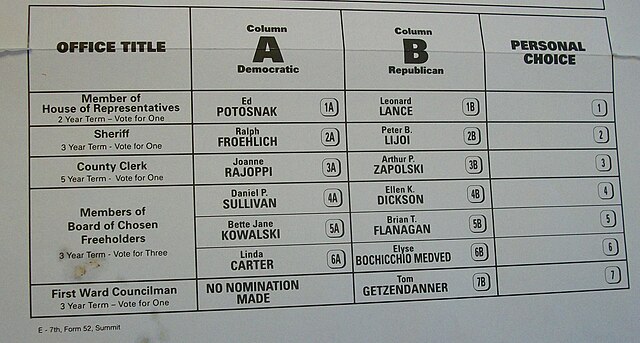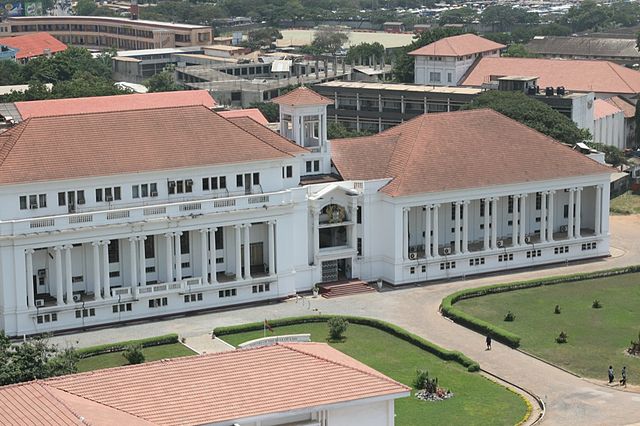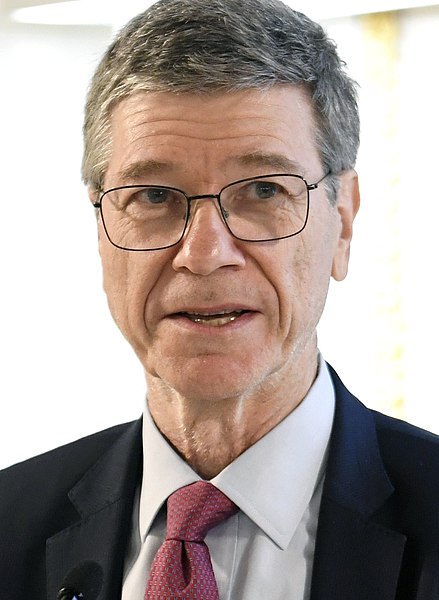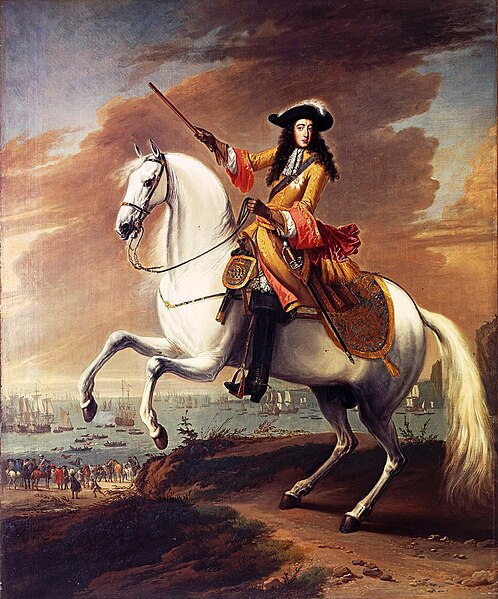Politics of Ghana takes place in a framework of a presidential representative democratic republic, whereby the president of Ghana is both head of state and head of government, and of a two party system. The seat of government is at Golden Jubilee House. Executive power is exercised by the government. Legislative power is vested in both the government and Parliament. The judiciary is independent of the executive and the legislature.
Supreme Court of Ghana.
A two-party system is a political party system in which two major political parties consistently dominate the political landscape. At any point in time, one of the two parties typically holds a majority in the legislature and is usually referred to as the majority or governing party while the other is the minority or opposition party. Around the world, the term has different meanings. For example, in the United States, the Bahamas, Jamaica, and Zimbabwe, the sense of two-party system describes an arrangement in which all or nearly all elected officials belong to either of the two major parties, and third parties rarely win any seats in the legislature. In such arrangements, two-party systems are thought to result from several factors, like "winner takes all" or "first past the post" election systems. The electoral competition is mostly limited to the two major parties.

In a two-party system, voters have mostly two options; in this sample ballot for an election in Summit, New Jersey, voters can choose between a Republican or Democrat, but there are no third party candidates.
Economist Jeffrey D. Sachs
Equestrian portrait of William III by Jan Wyck, commemorating the landing at Brixham, Torbay, 5 November 1688
In A Block for the Wigs (1783), James Gillray caricatured Fox's return to power in a coalition with North. George III is the blockhead in the center.





